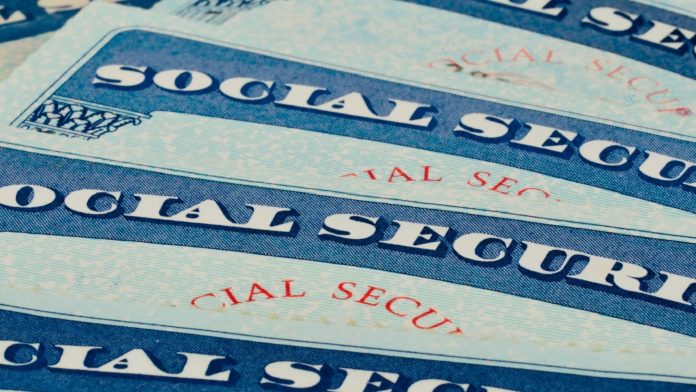There could be some big changes in your July Social Security check. That’s because the government is collecting overpayments, meaning the administration paid you more benefits than you were due.
Those affected should have received a notice back in April. The Social Security Administration it would begin withholding 50% of benefit payments to those who were overpaid 90 days from the date of the letter. That puts most collections beginning in July.
The 50% is a step back from the original announcement back in March. The SSA announced back then that it would begin taking 100% of a person’s Social Security check if they were found to have been overpaid.
The revised policy applies to recipients of Title II benefits, which encompasses retirement, survivors and disability insurance. According to the agency, the 50% clawback for overpayments began April 25.
In 2022, the SSA’s inspector general, an internal watchdog, discovered that 73,000 overpayments happened because of errors made by the SSA itself, not because the people receiving the benefits did anything wrong.
Then, in 2024, in response to serious problems such as seniors and disabled people being pushed into financial hardship or homelessness, the Biden administration limited how much the SSA could take back from overpaid beneficiaries and capped the clawback rate at 10%.
No more paper checks
This is not the only upcoming Social Security change. According to SSA, nearly 500,000 Americans still receive their benefits via check. Beginning Sept. 30, all payments must be made electronically. This was part of an executive order signed back in March. This includes Social Security, SSI, SSDI, vendor payments and tax refunds.
WEP and GPO payouts
Meanwhile, nearly three million Americans saw a little extra in their recent checks thanks to the Social Security Fairness Act signed in January.
According to the Social Security Administration’s website, the WEP and GPO reduced or eliminated the benefits of more than 3.2 million people who receive a pension based on work not covered by Social Security, also known as a “non-covered pension,” because they did not pay Social Security taxes. This new law increases benefits for certain types of workers.
Beneficiaries should see retroactive benefits dating back to January 2024, with payments made via direct deposit by the end of March. The average payment is $6,710, the SSA website stated.

